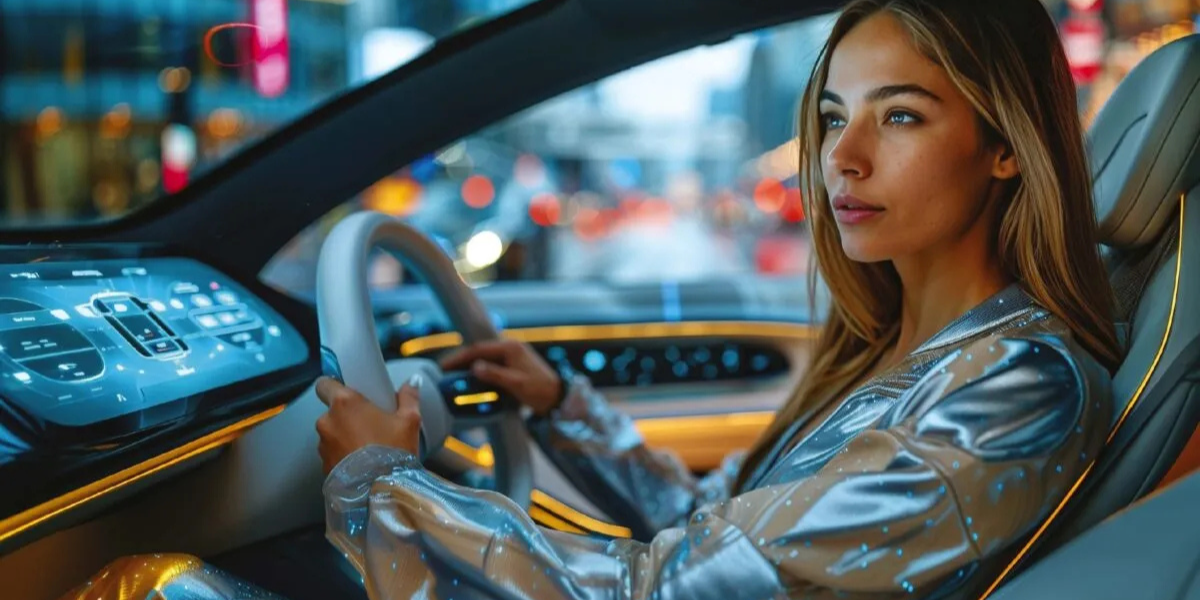Making way for walking & cycling
Professor Meredith Glaser of the Urban Cycling Institute believes that the answer is data and not merely by dint of implementing best practice. “Data is knowledge, knowledge is power,” she said, adding that a combination of advocacy and activism is key to a seismic take up of human-powered transportation. “It’s a combination of ideas, tools and collaboration,” she insisted, “that sees a new bike path installed in your city.” She also highlighted cycling’s mental health and societal benefits, remarking that humanity well benefit from what she called ‘social cohesion’. “We need to ask those that don’t cycle why they choose not to.”
POLIS’ Andreia Lopes Azevedo agreed, suggesting that people need to understand why they should at least consider changing their preferred mode of transport and that the only way to glean the resultant data is to simply ask them a question.
Henk Swarttouw, president of the European Cyclists’ Federation called for more citizen-centric transport policy that would by default have to include active travel modes. Cycling and walking cannot continue to be considered an afterthought or an add-on. How can local governments and communities work together to create a more balanced and inclusive mobility system?
City of Amsterdam’s cycling policy advisor Sietze Faber advocated the wider implementation of school safety zones, as has been the case in his city, that sees certain streets in the surrounding areas closed twice a day to allow schoolchildren to safely cycle to and from their place of learning, while Humankind’s founder Leon Steinberg pointed out that education in the benefits of cycling can’t start too early and yet, he says, “try finding any toys or children’s clothing that has a bicycle on it. Everything has images of cars.” Steinberg has even gone to the lengths of writing a children’s book on the benefits of cycling and insists that the “silent travellers”, ie those that don’t complain to cities about lack of cycling provisions, are the ones that really need to be listened to in order to make the change, as can be evidenced in the likes of Brussels, Amsterdam and Hamburg whose cases were made in the Opening Plenary.
“Cities carry out all manner of mobility experiments,” concluded Prof Glaser, “but baulk at the idea of evaluating them. Evaluate!” she insisted, “if you want to a make a societal change. An increase in cycling and walking is a social movement and you can’t do that without evaluating the data.”
Get cycling, get walking, make a difference. Just do it!
Loading component...
Get up to speed on the mobility industry - our newsletter straight to your inbox!

.png?h=400&iar=0&w=1400)
.png?h=400&iar=0&w=1400)
